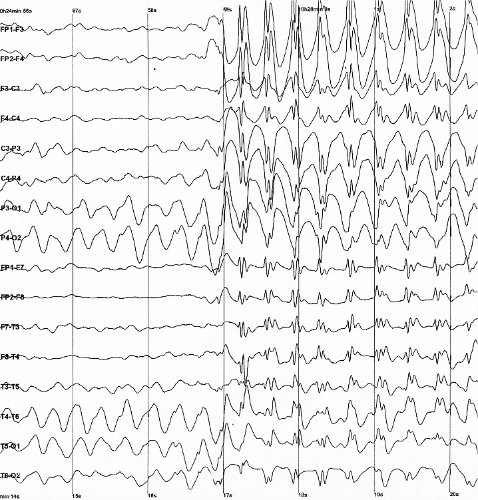Exploring the Environmental Impact on Gut-Brain Axis: New Research Funding Approved

In a significant step towards understanding the intricate relationship between environmental factors and neurological health, the National Advisory Environmental Health Sciences Council approved new funding for research aimed at investigating how environmental exposures alter gut microbes linked to brain function and various neurological diseases. This decision was made during the Council's meeting on June 5, 2025, where researchers from the National Institute of Environmental Health Sciences (NIEHS) presented compelling evidence highlighting the need for this investigation.
Dr. Anika Dzierlenga, a researcher in the NIEHS Division of Extramural Research and Training, emphasized the urgency of this research, stating, "A primary objective of this concept is to develop gut-focused intervention strategies—such as probiotics, microbial biomarkers, nutritional supplements, and novel therapeutics—to decrease risk, slow progression, or possibly reverse neurological conditions induced by environmental exposures." This initiative seeks to bridge the gap between environmental science and neurobiology, focusing on the gut-brain axis, which is increasingly recognized as a critical pathway influencing brain health.
Historically, the gut-brain axis has been acknowledged for its role in neurodevelopment and neurodegenerative diseases. The Human Microbiome Project, initiated by the National Institutes of Health nearly two decades ago, serves as a cornerstone for this research, revealing how gut microbes interact with environmental substances and potentially affect human health. According to Dr. Jonathan Hollander, also from the NIEHS, recent studies have shown that environmental toxicants can trigger disease progression in the brain, often beginning with changes in the gut.
Hollander presented data indicating that exposure to the pesticide paraquat significantly affects gut microbiome diversity in a mouse model of Parkinson’s disease, illustrating the potential for early detection of neurological disorders through gut health. He remarked, "In the body-first model, a toxicant is ingested, and we see pathology beginning in the gut, which may serve as an early indicator of disease years or even decades before it is clinically diagnosed."
Council member Dr. Cathrine Hoyo supported the initiative, stating, "The gut-brain axis provides a novel and tractable model for exploring exposure disease pathways." This endorsement reflects a growing consensus among researchers that understanding the interplay between environmental exposures and gut health is essential for developing innovative prevention and treatment strategies for neurological disorders.
The Council's unanimous approval of this research concept enables it to progress as a notice of funding opportunity, paving the way for further exploration of these critical issues. As NIEHS Director Dr. Rick Woychik noted in his report to the Council, the institute is committed to advancing research that highlights the significance of environmental health sciences in tackling chronic diseases. This initiative aligns with broader environmental health priorities outlined by Secretary Robert F. Kennedy Jr., J.D., focusing on eliminating toxic additives in consumer products and promoting clean water and air initiatives.
As this research unfolds, it promises to yield valuable insights that could lead to transformative approaches for managing neurological health, emphasizing the importance of integrating environmental health considerations into comprehensive healthcare strategies. Future studies will undoubtedly expand upon these findings, further elucidating the complex interactions between our environment, gut microbiome, and brain health, thus enhancing our ability to address public health challenges.
For more information about research funding opportunities and ongoing projects, interested parties can visit the NIEHS website and explore the latest developments in environmental health sciences.
Advertisement
Tags
Advertisement





